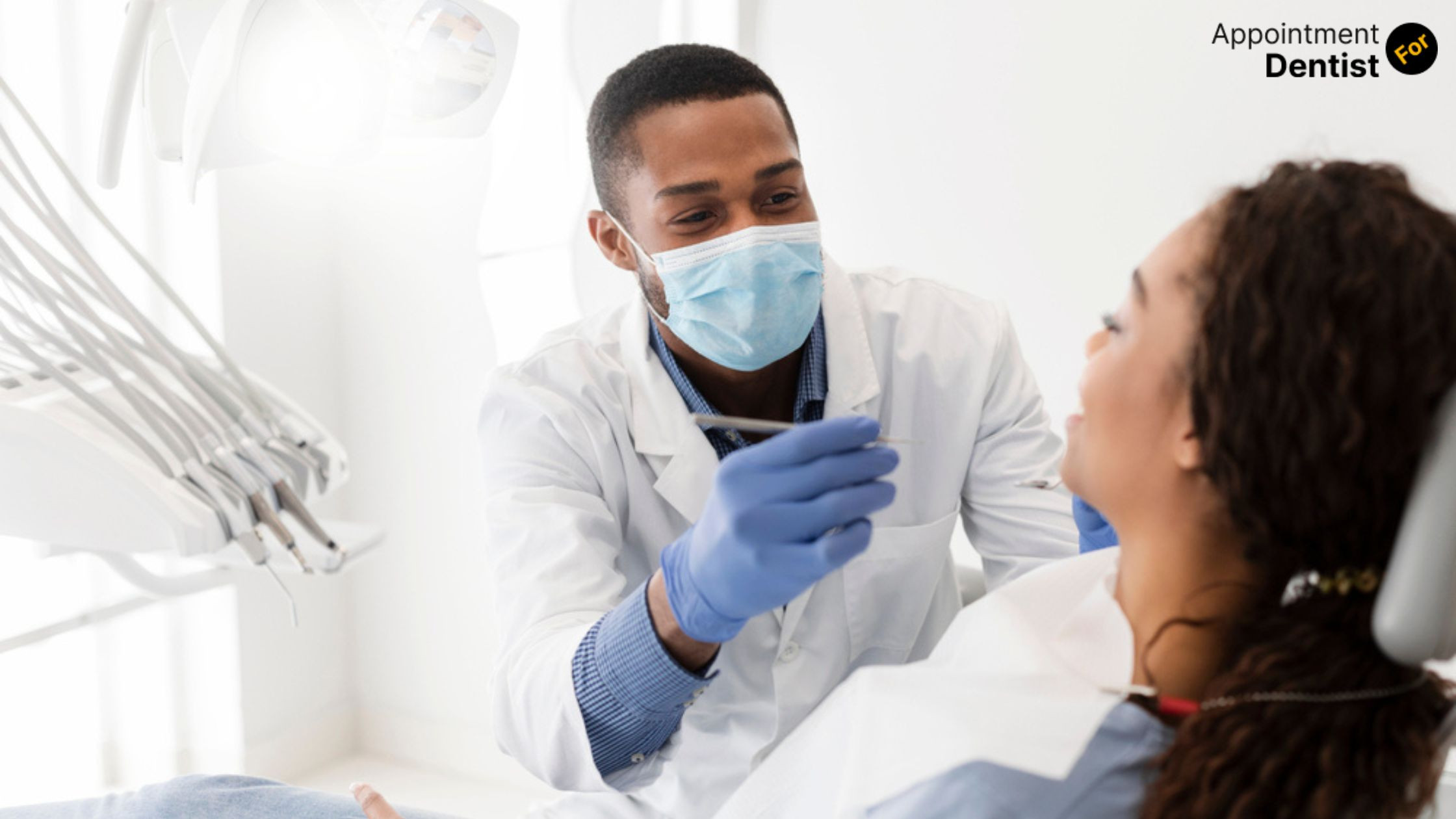Addressing Oral Health Challenges in Patients with Respiratory Diseases
Posted on August 10, 2024 by Admin

Addressing Oral Health Challenges in Patients with Respiratory Diseases
Oral health challenges in patients with respiratory diseases need to be addressed for better health outcomes. That link between oral and respiratory health, specifically conditions like COPD and pneumonia, is one that is fast gaining recognition in medical circles.
Understanding Oral Health Challenges
Oral health challenges in patients with respiratory disease are complex. Poor oral hygiene allows proliferation of pathogenic bacteria in the mouth that may enter lungs to lead to an increase in severe conditions like pneumonia and COPD. Several studies have, in fact, confirmed the possibility of respiratory infections due to bad dental health. The oral cavity is a readily accessible portal to the lungs, whereby bacteria causing periodontal disease easily relocate and create life-threatening health complications.
Patients experiencing respiratory diseases find it difficult to maintain oral health for several reasons. Some of these are:
- Medications: Most medications used in treating respiratory conditions, especially inhaled corticosteroids, induce dry mouth, decreasing saliva secretion, hence increasing dental decay and susceptibility to gum diseases.
- Immobilization: Severe respiratory disease can greatly impede mobility, making it exceedingly challenging to visit a dental office or carry out everyday oral hygiene practices.
- Comorbidities: Comorbidities like diabetes and cardiovascular disease, common comorbidities of serious respiratory disease, could further complicate oral health. Periodontal disease is closely linked to these comorbidities, thereby establishing a cycle of challenges to health.

Role of Oral Health in the Management of Respiratory Disease
Patients with respiratory diseases need good oral health, which can help reduce the risk of respiratory infections and therefore probably diminish the exacerbations in conditions such as COPD. Effective oral health management by having regular dental care, including cleanings and periodontal treatments, may therefore mitigate the potential contribution of oral health challenges to respiratory conditions .
Benefits of Good Oral Hygiene
- Lower Risk of Infections: Regular cleaning by brushing and flossing removes harmful bacteria that cause respiratory infections.
- Better Quality of Life: It was also observed that people with good oral health reported better health in general and fewer symptoms of respiratory tract disease, thus improved quality of life.
- Reduced Health Care Expenditure: Avoidance of oral health problems may reduce hospitalization and medical intervention due to respiratory diseases, reducing health care expenditure.
Conclusion
Attention has to be placed on oral health in those suffering from respiratory diseases since it can make all the difference in life health and quality. If the nature of this link between oral hygiene and respiratory health is kept in mind, then effective prevention and treatment of patients can be undertaken by them and their treating physicians and dentists. Proper care in dentistry with good oral hygiene practices and awareness of the risks associated with bad oral health will deeply impact outcomes from respiratory diseases. As one can derive from this constantly developing research, getting in line with prioritizing oral health is much required for people who have respiratory challenges.
Faqs
-
1. How does poor oral health affect respiratory diseases?
Poor oral health can lead to infection with pathogenic bacteria, increasing the risk of lower respiratory tract infections such as pneumonia and exacerbating others including chronic obstructive pulmonary disease .
-
2. Saliva and oral health: what is the role?
These products of acid from bacteria in the mouth are acted upon by saliva, which mechanically cleans the teeth of large food particles and delivers calcium and other minerals to teeth. Diminished production of saliva, mainly as a side effect from medications, is a predisposing factor for tooth decay and gum disease.
-
3. What can patients do towards better oral health?
They should ensure that their patients observe good oral hygiene through brushing teeth at least twice a day, flossing, and visiting the dentist frequently not only to be checked up but also for them to have their teeth cleaned. Dry mouth can also be kept at bay by keeping oneself well-hydrated, by using saliva substitutes.
-
4. Are there specific dental care recommended for patients with respiratory diseases?
Yes, dental professionals can advise on fluoride applications, sealants, and cleaning at more frequent intervals to help manage oral health challenges in respiratory disease patients.
-
5. How does one support oral health in the respiratory patient?
Incorporate oral health assessments into routine care for patients with respiratory diseases. Healthcare providers should educate patients about the importance of oral hygiene and facilitate access to dental care.
Recent Post
- The Importance of Oral Health Education for Children
- How to Choose the Right Orthodontic Treatment for Adults
- The Link Between Oral Health and Stroke Risk
- How to Address and Prevent Gum Recession
- Innovations in Dental Anesthesia: Pain-Free Procedures
- The Role of Saliva in Oral Health: Functions and Disorders
- Exploring Holistic Dentistry: What You Need to Know
- How Oral Health Affects Your Immune System
- The Benefits of Using Dental Probiotics
- Oral Health and Pregnancy: Myths and Facts